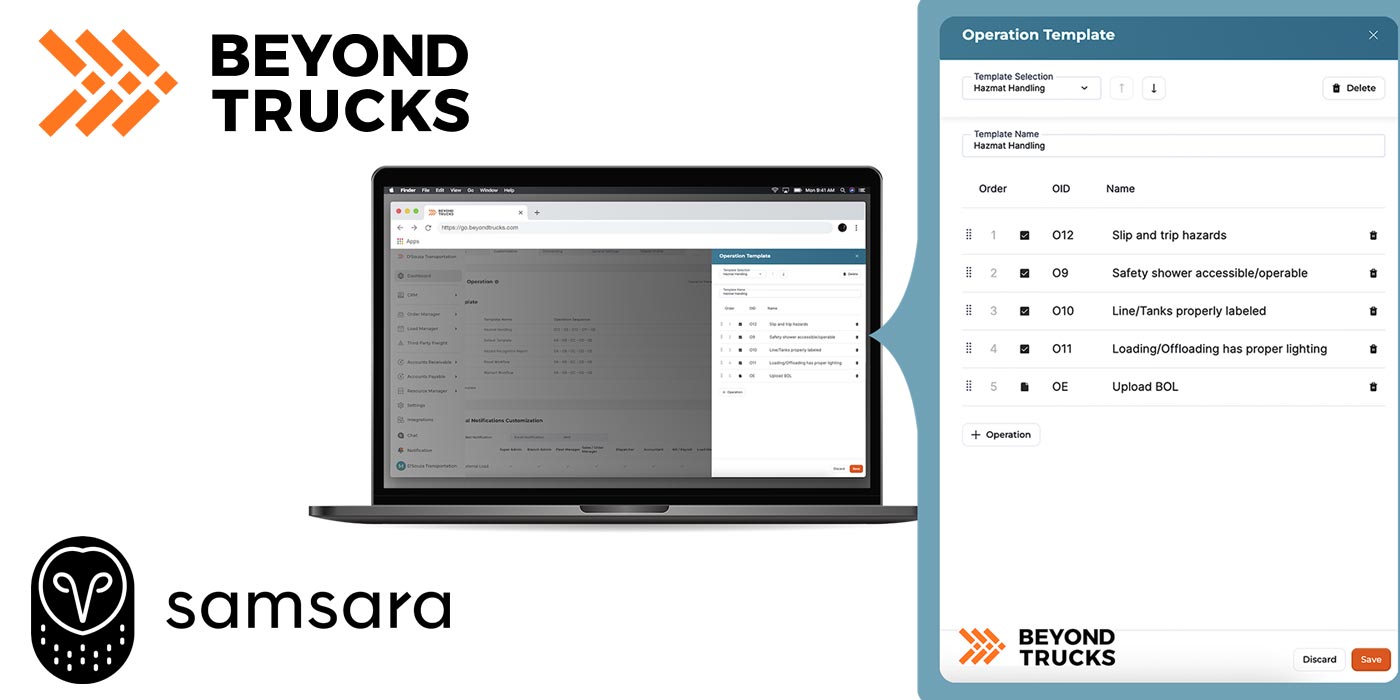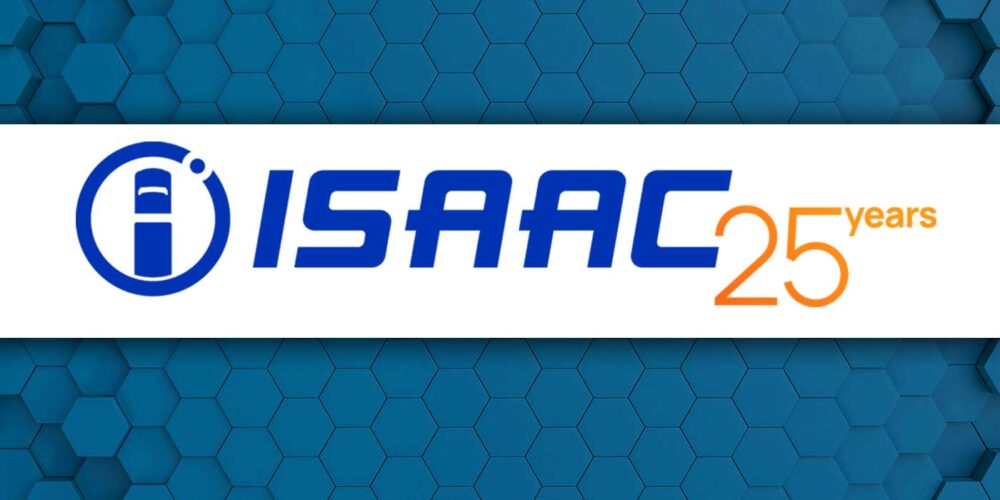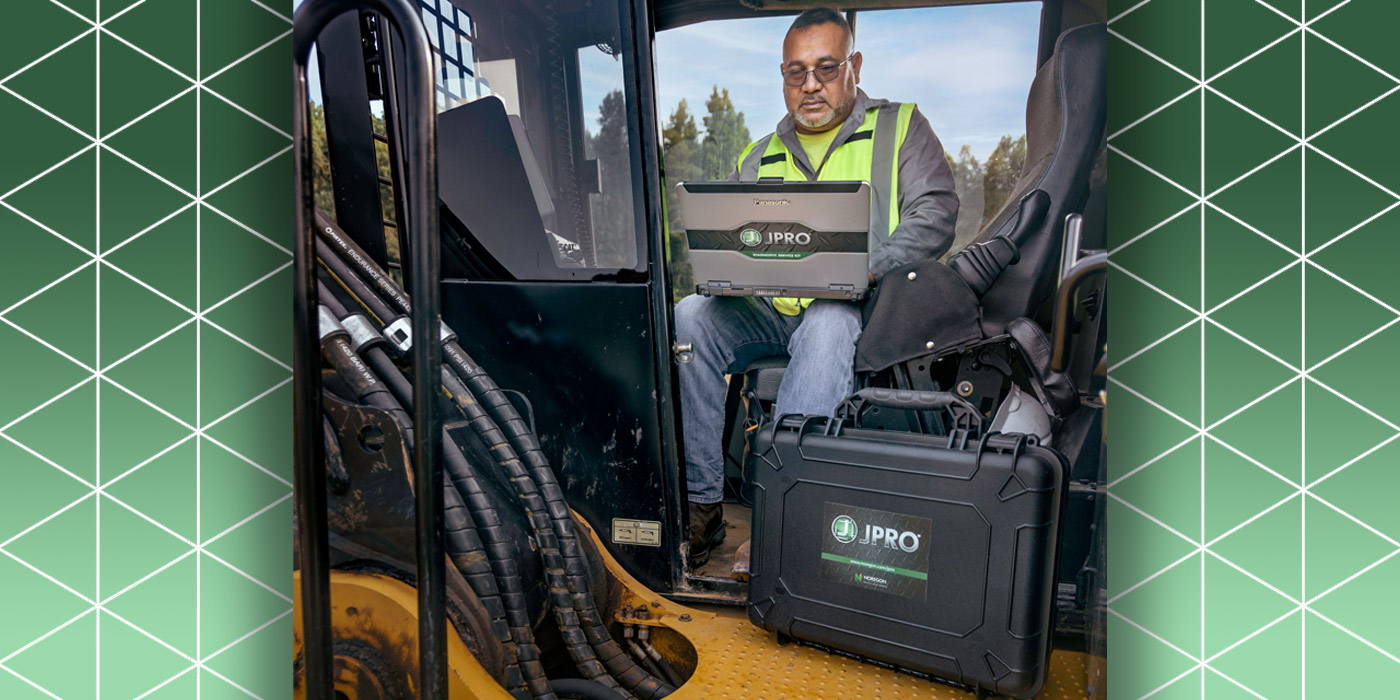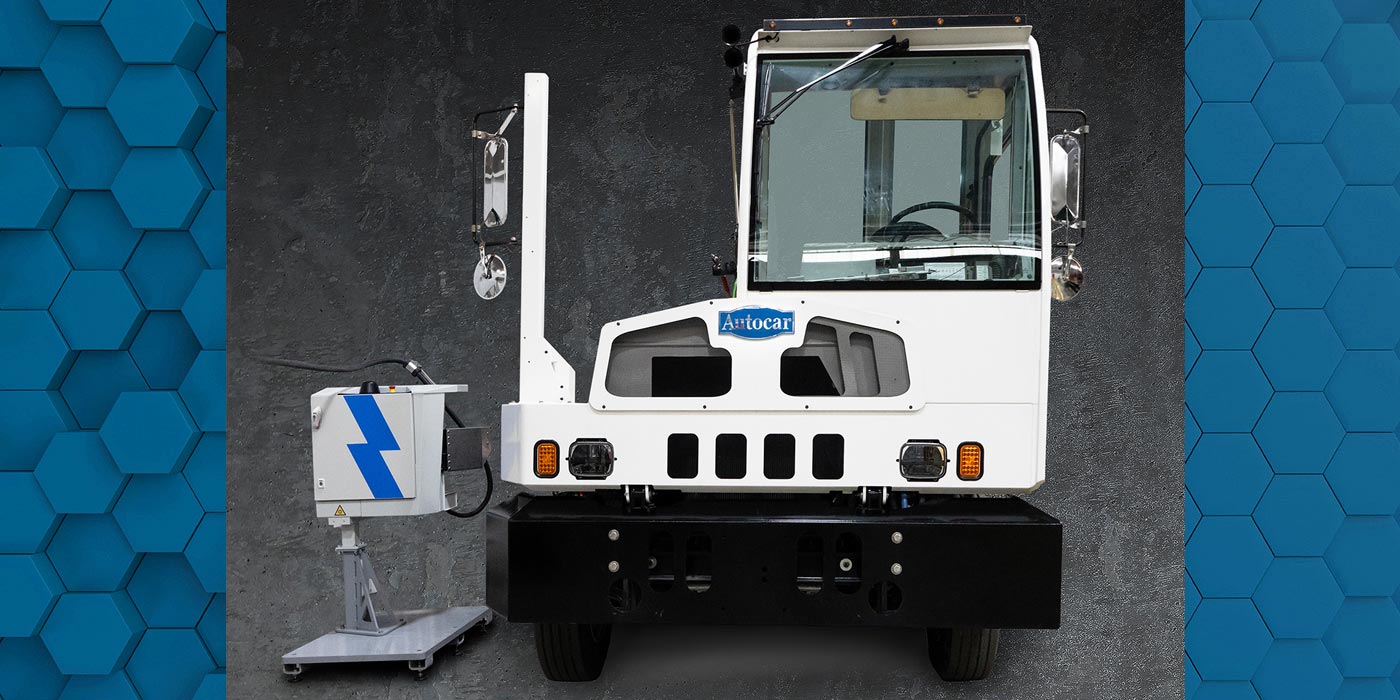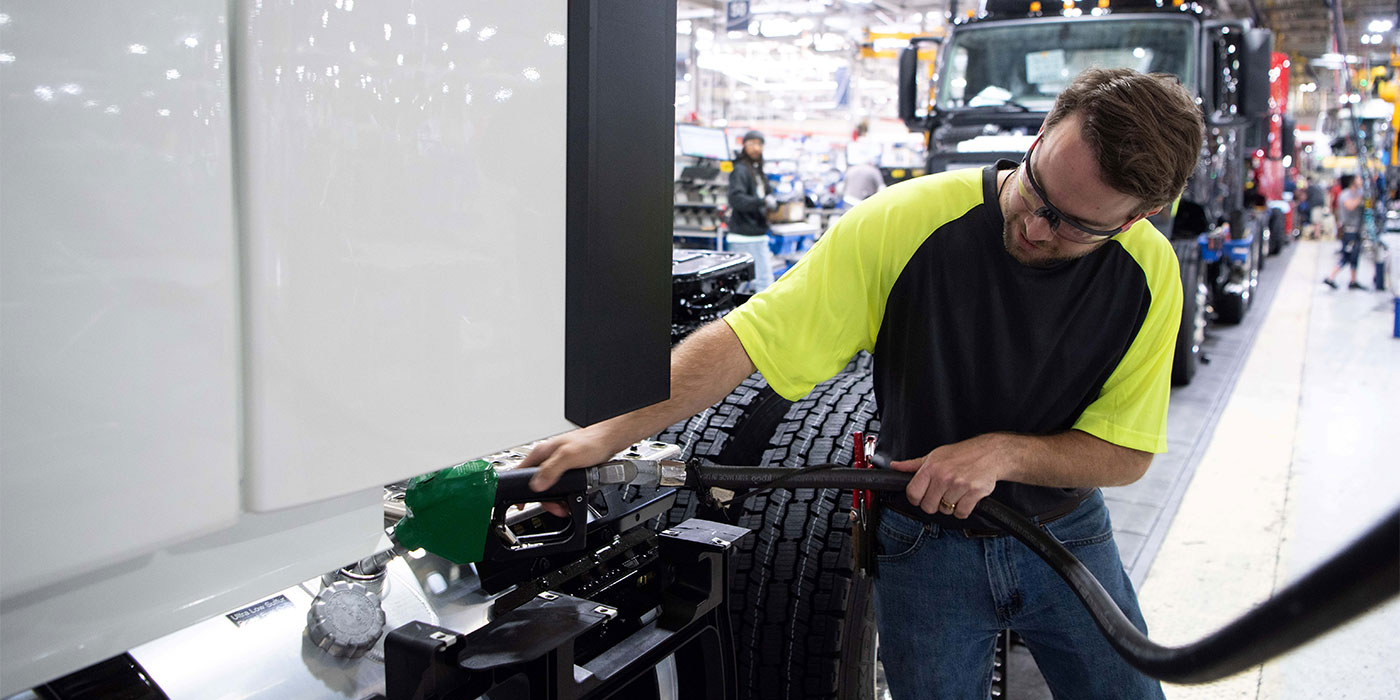Volvo Trucks has stated that the company views electric trucks as a viable future freight transport solution in North America. Volvo will start selling electric trucks in Europe in 2019, and the first units will be put into operation with select customers in 2018. According to Volvo, electric trucks drastically reduce noise and exhaust emissions and create new opportunities to manage logistics. More transport assignments can be carried out at night, resulting in fewer trucks competing for road space during rush hour. Work toward commercialization of electric trucks in North America is ongoing as advancements in battery technology accelerate viability for North American duty cycles and energy demands for a broad range of applications.
“Electromobility is fully in line with Volvo Trucks’ long-term commitment to sustainable urban development and zero emissions,” said Göran Nyberg, president of Volvo Trucks North America. “By using electrically powered and quieter trucks for goods transport in urban areas, we meet several challenges simultaneously. Without disturbing noise and exhaust gases, it will be possible to operate in more sensitive city centers. Transport may also take place throughout less busy periods, for example in late evening and at night. This will reduce the burden on the roads during daytime rush-hour traffic, allowing both the road network and vehicles to be utilized far more effectively than today.
“Urban distribution and other pick-up and delivery applications are a starting point for battery-powered electric trucks, but we envision broader deployment of electric trucks for freight movement in North America as technologies and the market mature,” said Nyberg.
According to Volvo, in order to improve the quality of life in urban environments, more sustainable transport solutions need to be adopted. With well-developed logistics and more effective utilization of roads in the evenings and at night, it is also possible for many smaller vehicles to be replaced by fewer but larger vehicles, thus further contributing to lower emissions and less traffic. For example, distribution trucks have just over ten times the load capacity of a regular van. If a larger proportion of transport assignments could be carried out during hours when fewer people are on the road, this will also significantly reduce the risk of accidents, the company said.
“Electric vehicles will be part of our future, but the vehicles themselves are only one part of what is needed for large-scale electrification to succeed,” said Keith Brandis, Volvo Trucks North America’s vice president for product planning. “Enabling long-term sustainable transport is a complex issue that requires a holistic and wide range of measures. We are working closely with customers, cities, suppliers of batteries and charging infrastructure, and other key stakeholders to create the necessary framework for battery-powered electric trucks.”
Click here for more electric trucks insight in FE‘s Truck Equipment Trend of the Year story.



